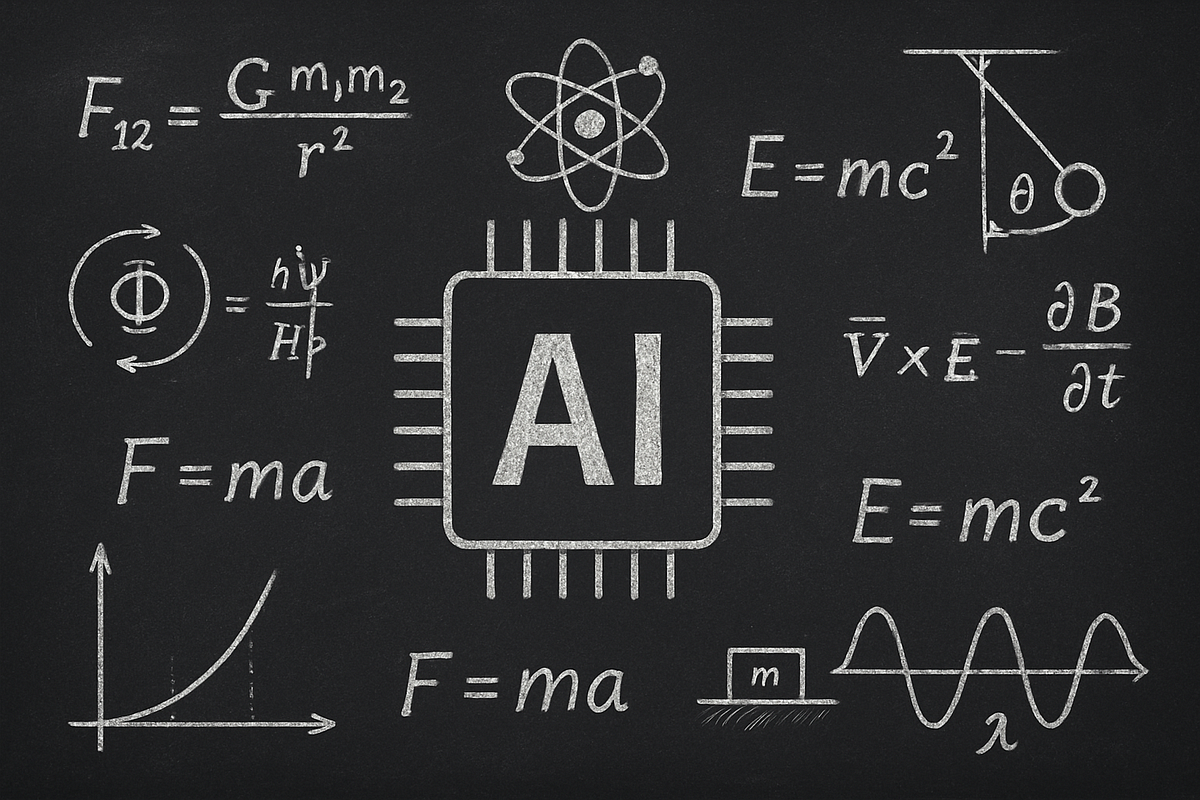Medium
1M
153

Image Credit: Medium
Adversarial Robustness Is Not Just Related to AI— It’s a Physics Problem
- Adversarial vulnerability in AI models stems from a lack of physical understanding of the world.
- Neural networks rely on statistical correlations rather than causal, physical reasons for object recognition.
- Humans use physical priors like gravity and light reflection for consistent object perception.
- AI systems lack physical grounding, making them vulnerable to adversarial perturbations.
- Physics provides invariances and symmetries essential for robust perception in humans.
- AI's learned representations exist apart from the physical manifold of the environment, leading to vulnerabilities.
- The uncertainty of reality's dimensionality and structure presents a challenge to achieving adversarial robustness.
- Neural networks have fundamental limitations due to their disconnect from actual physical perception.
- To enhance AI robustness, a physics-informed approach with differential geometry and causal relationships is needed.
- Adopting a physics-grounded framework can lead to AI systems that understand and reason about the world reliably.
- Embracing uncertainty, interdisciplinary research, and collaborations are key to advancing AI with a physics-informed perspective.
Read Full Article
9 Likes
For uninterrupted reading, download the app